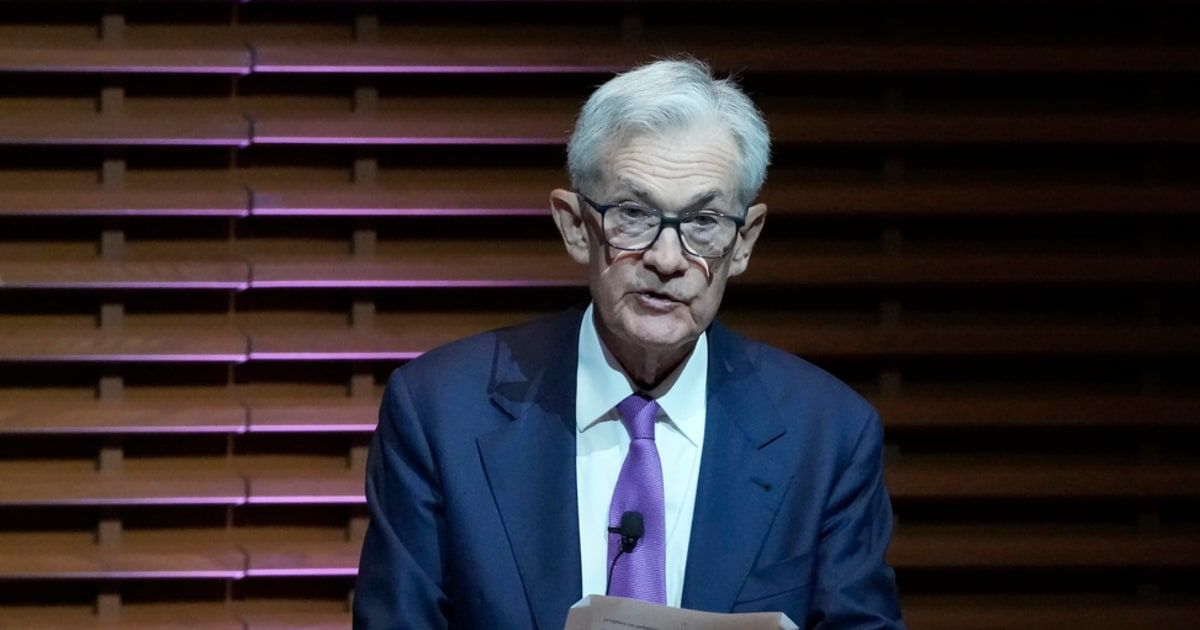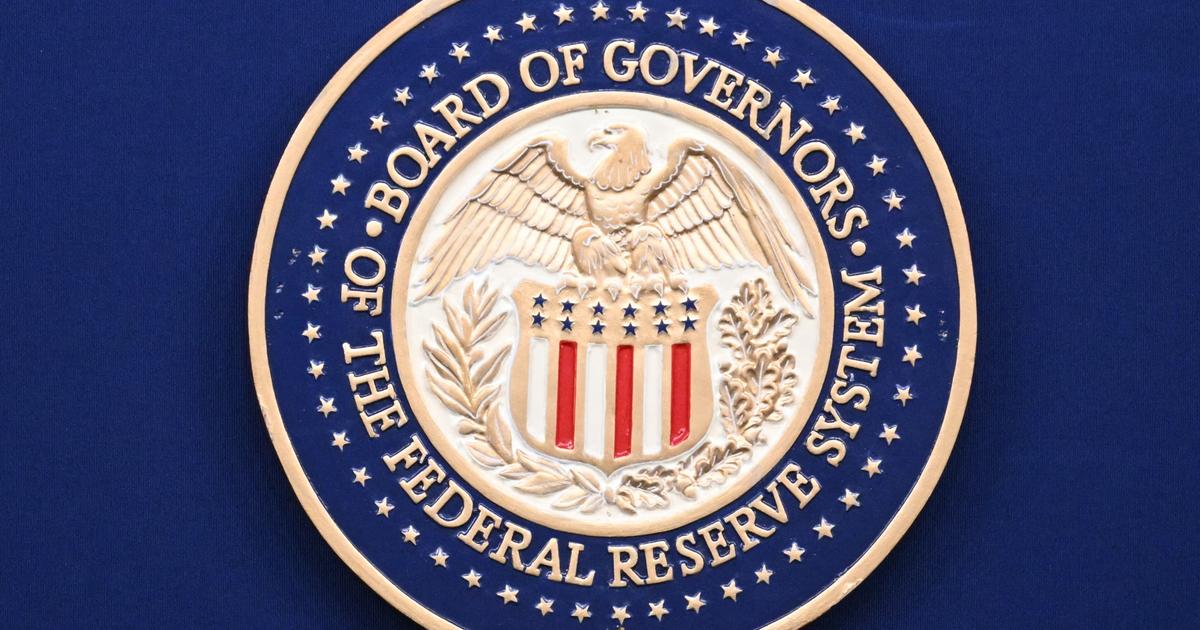Jerome Powell will continue to lead the Federal Reserve for at least four more years.
The United States Senate has finally given the mandatory approval to renew his mandate.
Powell was first appointed by the previous president, Donald Trump, and had been confirmed by the current one, Joe Biden.
To his credit, Powell has the way he prevented the pandemic from paralyzing US finances, flooding the economy with liquidity.
On his debt, inflation is the highest in four years, although it is influenced by external factors.
Containing the rise in prices without causing a recession is his challenge for this second term.
The president of the Fed had been in office since February, despite the fact that Biden had proposed his continuity as early as November, because until now his ratification had not been voted on.
He has had an overwhelming 80-19 vote in favor on the floor.
This same week the Senate has also ratified, by the casting vote of the vice president, Kamala Harris, the appointment of Lis Cook, the first black Fed adviser. It has also given the green light to that of the also African-American Philip Jefferson, fourth black man that enters the leadership of the Fed and the first to do so since 2006. With this, the Fed council, which was at a minimum, is almost complete again.
Both were appointed by Biden, as was Michael Barr, who will appear before the Senate next week.
The Federal Reserve is entrusted by the board with what is known as a dual mandate: to achieve as much employment as possible while maintaining price stability (although there is a third, less important request for reasonable long-term interest rates).
Employment is close to record highs, but inflation is skyrocketing.
It marked 8.5% year-on-year in March, its maximum in four decades, and has only dropped to 8.3% in April.
The rise in prices has in part to do with bottlenecks in the post-pandemic economic revival and in the energy and food crisis caused by the war in Ukraine.
But also with the expansive monetary policy adopted by the Federal Reserve to successfully combat the economic crisis of the coronavirus.
The Fed started raising interest rates at its March meeting.
In this month it accelerated with a rise of half a point, the highest in 22 years, and with the announcement that it foresees two other equal rises in June and July.
In addition, it has begun to reduce its giant $8 trillion balance sheet, thus draining some of the excess liquidity.
Critics consider that these movements are late and that is why inflation is out of control.
The defenders believe that it was necessary to consolidate the economic recovery, that a large part of the price increases respond to external factors and that this way of proceeding has been deliberate.
It remains to be seen whether Powell succeeds in his second term and whether he manages to contain prices without triggering a recession.
In the press conference after the last meeting of the Fed's open market committee, he proclaimed himself an admirer of Paul Volcker.
He did not remember that day one of the phrases of the former president of the Federal Reserve that has remained for posterity: "Inflation is like toothpaste: once you take it out, it is very difficult to put it back in the tube."
Who sets interest rates in the United States?
The Federal Reserve Board of Governors consists of seven members.
They have a total term of 14 years, although it is rare for them to complete it.
Every two years the mandate of one of them begins, proposed by the president and approved by the Senate.
The chairmen and vice chairmen of the Federal Reserve serve four-year terms.
They are appointed by the President of the United States from among the councilors.
Currently, Jerome Powell is the president;
Lael Brainard, the vice president;
Michelle W. Bowman, Christopher J. Waller and the recently confirmed Lisa Cook and Philip Jefferson are the advisers, pending the ratification of Michael Barr, which still has to go through the Senate.
Within the Federal Reserve, the body in charge of making monetary policy decisions is the so-called Federal Open Market Committee.
It is made up of 12 voting members: the seven members of the Fed Council, plus the president of the Federal Reserve Bank of New York, plus four of the eleven other presidents of the regional Federal Reserve banks, who are leaving rotating annually.
The remaining seven Fed regional bank presidents can attend meetings and participate in discussions, but without voting rights.


/cloudfront-eu-central-1.images.arcpublishing.com/prisa/K63BQCT5FHKKXUWRSFYE4KBNFI.jpg)

/cloudfront-eu-central-1.images.arcpublishing.com/prisa/O3URHWIQOUAJHPGYUFW2ZWAF2I.jpg)




